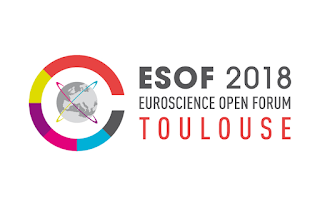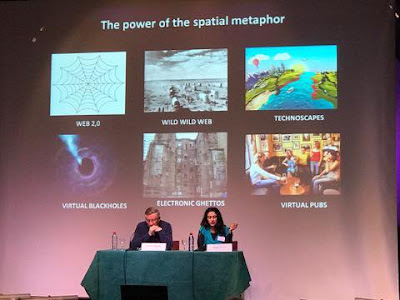Brainstorming at the AI & Democracy CIFAR Workshop at Microsoft Research Montreal

I was invited to participate in the ' AI Powered Information Ecosystems & Democracy' workshop held at the Microsoft Research Lab in Montreal and sponsored by CIFAR . The premise of this workshop was to engage a "diverse groups of researchers from academia and industry with practitioners and civil society representatives, to encourage collaborations between those involved in the research and development of computations tools with those with focused expertise in policy, journalism, civil rights, and democratic values." The basis of this workshop was to outline all the opportunities and challenges that AI-powered information ecosystems (like social media, search engines, or content-sharing platforms) have brought upon in recent years and in particular to the strengthening of our democratic institutions around the world. It was an intense workshop where we worked in core groups on topics such as communities, elections, misinformation, and regulation and wh...












